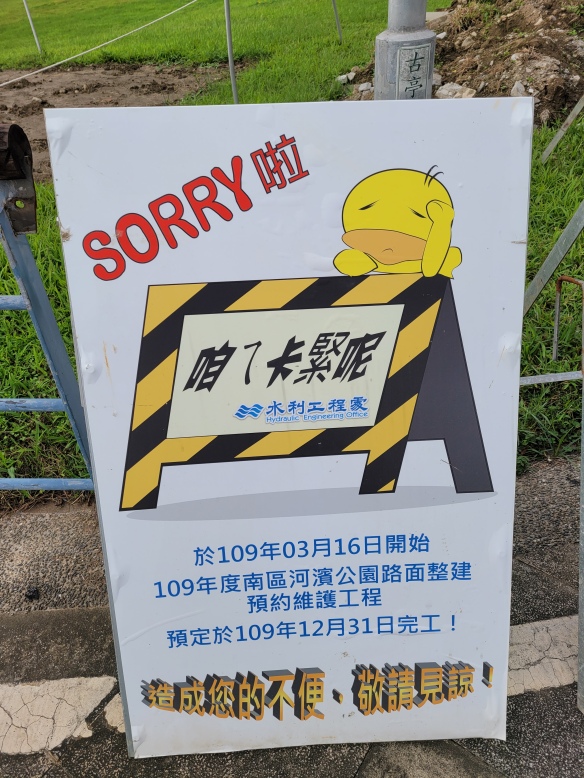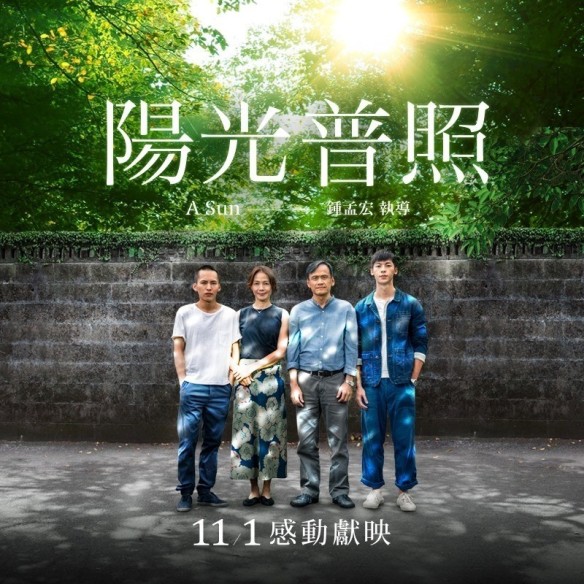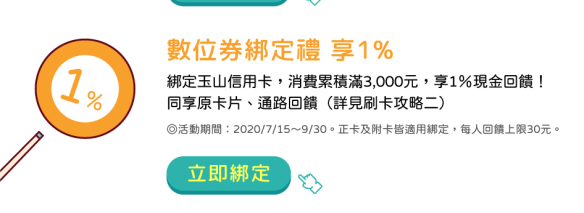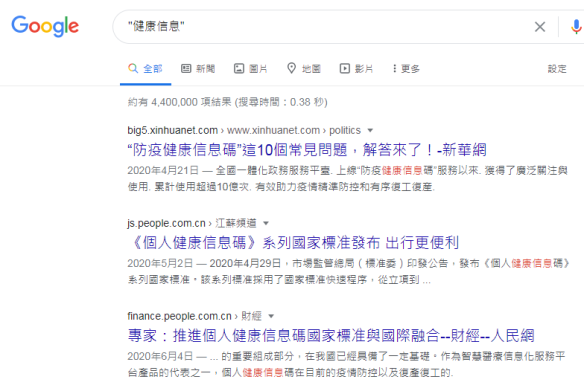I applied for the new format UI number, unfortunately, the application process was a bit rocky, as the officer who served me didn’t seem to have a clue what he was doing.

Maybe he was super busy, but with no-one in the queue ahead of me for UI renewal (don’t click the normal button on entering the NIA, but the one to update your UI number) I saw him dander around laughing with colleagues and looking bored at his desk for a good ten minutes before he eventually pressed the next number button.
Finally get called up and tell him I’m applying to update my UI number. He tells me I need my passport to update it. Thankfully I’ve had some experience with NIA agents before, so I’d printed out the list of required documents for each category of foreign national:

Resident foreigners do NOT need their passport or a photocopy to apply. I told him I’d read the regulations and they said residents don’t need their passport to apply, and he eventually conceded.
I told him that I’d like to apply to update my Alien’s Digital Certificate at the same time. He tells me that I can’t apply for that until I get my new UI number. This also is incorrect, I inform him, according to an email from the Ministry of the Interior:
您好,因應政府機關將於110年1月2日實施「新式外來人口統一證號專案」,您的外來人口自然人憑證可能會受到影響,相關說明如下:
一、110年1月2日以後,您的自然人憑證可以繼續使用,不會受到影響。
二、如果您有申請換發新式統一證號(1英文+9數字),您的自然人憑證也需要申請換新,才能繼續使用。
建議您在申請新式統一證號時,同時在移民署服務站辦理新的自然人憑證申請(不須要支付費用,但須主動表明並填寫「外來人口重製卡申請書」)。
另外,在移民署核發新式統一證號及本中心核發新的自然人憑證之期程中,您原有的自然人憑證將無法使用,敬請留意。
如有自然人憑證相關問題請電洽內政部自然人憑證客服中心(0800-080-117)。
內政部資訊中心 關心您
Greetings,
Since the government will launch the “New UI No. for Foreign Nationals” program on JAN/2/2021, your Alien Citizen Digital Certificate may also be affected:
After JAN/2/2021, you may continue to use your current Digital Certificates normally. However, if you have applied for the New UI No. (1 Letter+9 Numbers), your Citizen Digital Certificate must also be exchanged and renewed.
We advise foreigners to apply for both “New UI No.” and new “Citizen Digital Certificate” simultaneously at NIA service stations. (No extra fee will be charged. Please declare to NIA officers and fill out “Certificate Re-issuance Application Form for Foreigners.”)
Please also note that, during the issuing process of New UI No. and new Citizen Digital Certificate, your original Citizen Digital Certificate will not be available for use.
For any Citizen Digital Certificate related inquiries, please contact MOICA’s customer service: 0800-080-117.Information Center, Ministry of the Interior
Eventually he realizes that I can apply for both, but he struggles with the forms in front of him, and occasionally calls out slightly unnerving questions to colleagues, like, “Do I delete all his National Insurance Data?”
After a considerable amount of fiddling around and the help of two colleagues, he eventually prints out a receipt with which I can receive my new ARC in two weeks. On closer inspection, however, the name on the form (and presumably the ID) is not mine. It’s some random American that the guy had been using as a reference for how to fill out my form.
Another ten minutes or so fumbling and then I eventually get a receipt with my name on it (time will tell if it’s actually my ID number), and he recruits another staff member to help him do the Digital Alien Certificate bit.
Will update if I’m successful, and will see if foreigners can now register for stuff that was impossible before.
You can check your UI history at the NIA website here.
Note: Employment Gold Card holders can apply for the new UI number online here, but the process is all in Chinese (even in the English section of their website).
There’s more information here (in Chinese) on what impact applying for the new UI number will have on other ministries.
What you have to do after applying for the new UI number:
Among the most important is to report the change in your ID number to the company which is providing you with labour insurance (your employer) or send this form to the Labour Insurance Bureau.
You also need to report the change to the post office if you have an account with them.
You can opt not to update your NHI card with your new number, but if you do wish to update it, you’ll have to pay a NT$200 fee.
You don’t have to tell your bank, as they will get the information directly from the MOI.
UPDATE: When I looked at my application to remake the Citizen Digital Certificate, contrary to the email I received from MOICA stating it was free of charge, it prompted me to make a payment. I called the helpline (you have to pretend to be Taiwanese to get through to a customer representative) and they changed my status so that I no longer had to make a payment. The customer service lady and her manager were quite helpful, and said that you have to make sure you emphasize “free-of-charge” when applying at immigration, and adjusted the form so that the fee was no longer required.
UPDATE 2: Have received my Alien Digital Certificate, so far have only had trouble logging into the Health Ministry website and the other government websites do not seem to have access to my data held under the previous ARC number. Will see if this changes once I receive the new APRC and send a copy to my employer.
UPDATE 3: Have received my new ARC with all information present and correct and the old number on the back.
What is it good for?
So far the new format isn’t even recognized by the Ministry of Health’s online services.
Registration on the Chinese version of the TRA website is also limited to Taiwanese nationals for some reason. Foreign residents can book tickets online using their passport number, but not create accounts. Not sure what the reason behind this is?
It seems, “format and compatibility issues” was a cover for, many services are not granted to foreign residents of Taiwan. The TRA and the HSR have a workaround with passport numbers being an alternative for foreigners regardless of residency, but only the HSR allows you to register as a member. But the real question seems to be why we’ve switched one incompatible ID number for another at presumably great cost to the taxpayer, without any real benefits.
If you’ve found an elusive benefit to the new UI format please let me know in the comments!




















